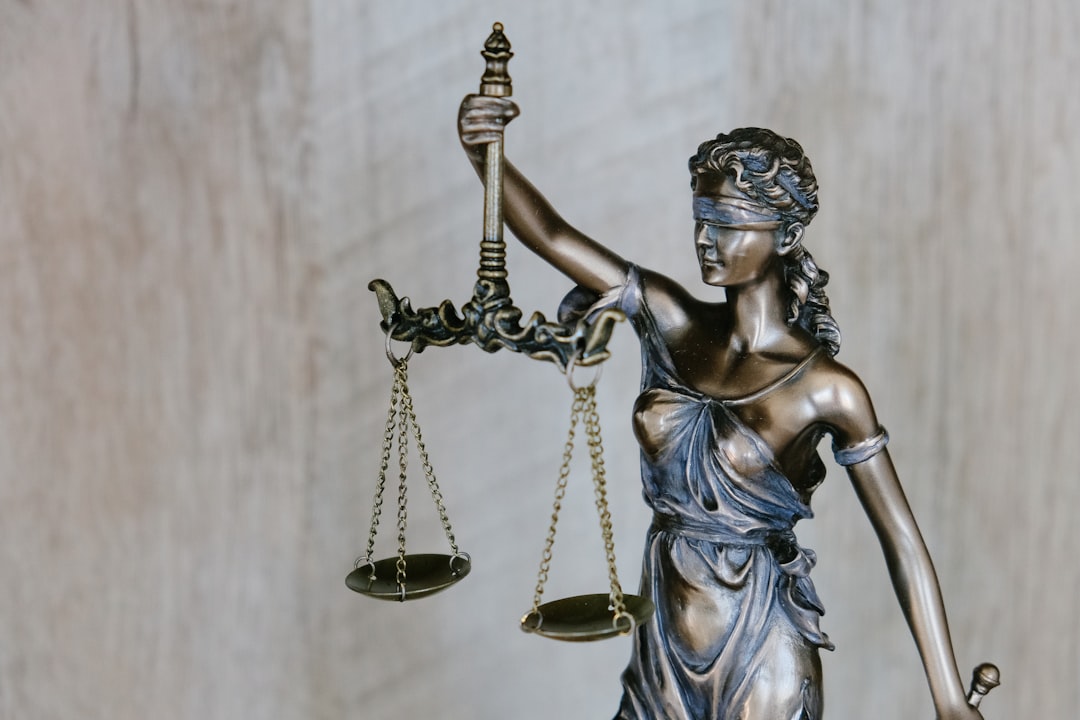Campus sexual assaults have severe long-term effects on victims' mental health, academic performance, and overall well-being, creating an atmosphere of fear and hindering educational thriving. Underreporting is a major concern due to shame, guilt, or fear of retaliation. To address this issue, campuses must raise awareness, establish robust reporting systems, foster inclusive cultures, and comply with legal frameworks like Title IX. Sexual assault attorneys in St. Louis, MO play a vital role by providing guidance on Missouri's legal framework and advocating for survivors within criminal justice systems. Comprehensive initiatives include enhancing reporting mechanisms, consent education, physical environment modifications, peer support groups, and collaborations with local organizations to create safe spaces on St. Louis campuses.
Creating safe spaces is paramount for fostering healthy educational environments, especially regarding campus sexual assaults. This article delves into the multifaceted approach needed to combat this pressing issue in St. Louis. We explore the legal aspects and the crucial role of a sexual assault attorney St. Louis MO, offering strategic insights on fostering safer campuses. From understanding the impact of these assaults to implementing effective community engagement and support systems for survivors, each section contributes to a comprehensive strategy for secure learning institutions.
Understanding the Impact of Campus Sexual Assaults
Campus sexual assaults have far-reaching consequences, affecting not just the victims but also the broader campus community. These incidents can create an environment of fear and anxiety, hindering students’ ability to learn and grow. Understanding the impact of such assaults is a crucial step in fostering safe spaces on St. Louis campuses. Many survivors face long-term psychological trauma, which can significantly impair their academic performance and overall well-being. The presence of supportive resources, such as counseling services and legal aid from sexual assault attorneys in St. Louis MO, is vital to help students navigate these challenges and reclaim their lives.
Moreover, campus communities must recognize that sexual assaults often go unreported due to shame, guilt, or fear of retaliation. This underreporting can lead to a false sense of security, as the actual prevalence of sexual violence may be higher than estimated. By raising awareness, implementing robust reporting mechanisms, and promoting an inclusive culture, campuses can encourage victims to come forward and seek the help they need. Such proactive measures are essential steps towards creating safer environments for all students in St. Louis.
Legal Aspects and Role of a Sexual Assault Attorney St. Louis MO
When addressing creating safe spaces on St. Louis campuses, it’s imperative to consider the legal framework surrounding sexual violence and the vital role played by sexual assault attorneys in Missouri. These professionals are equipped with the knowledge and expertise needed to navigate complex laws and advocate for survivors. A sexual assault attorney in St. Louis MO can provide crucial guidance to both institutions and individuals affected by campus sexual assaults.
They help ensure that schools comply with legal obligations, such as those outlined in Title IX, which prohibits sexual harassment and discrimination. By understanding the nuances of these laws, attorneys can support campuses in developing policies and procedures that foster a culture of safety and accountability. Moreover, they offer specialized representation to survivors, helping them navigate criminal justice systems, understand their rights, and seek justice and healing.
Strategies to Foster Safer Environments in Schools
Creating safe spaces on campuses is a multifaceted endeavor, requiring strategic initiatives to foster environments where students feel secure and respected. One key strategy involves enhancing reporting mechanisms for incidents of sexual assault or harassment. St. Louis schools can implement easily accessible, confidential reporting systems, ensuring students know how to report such incidents without fear of repercussions. Training faculty, staff, and peers in recognizing signs of distress or potential assault and responding appropriately is another crucial step. This includes educating on consent, promoting bystander intervention, and fostering a culture where all voices are heard.
Beyond policy changes, physical environment modifications can significantly impact safety. Schools in St. Louis MO can incorporate design elements that encourage open communication and facilitate easy access to support services. Clear signage, well-lit pathways, and safe gathering spaces contribute to a sense of security. Collaborating with local organizations, such as sexual assault attorney St. Louis MO, can provide valuable expertise on best practices and resources available for victims, ensuring comprehensive support systems within the school community.
Community Engagement and Support Systems for Survivors
Creating safe spaces on St. Louis campuses involves fostering a culture of support and awareness, especially for survivors of sexual assault. A robust community engagement strategy is key to achieving this goal. This includes establishing peer support groups where students can share their experiences, find solace, and receive guidance from fellow survivors. Such initiatives help break the silence surrounding sexual violence and encourage victims to seek help without fear of judgment or repercussions.
Additionally, universities should collaborate with local organizations, including St. Louis-based sexual assault attorneys, to provide comprehensive resources and legal aid. These partnerships can ensure that students have access to not only emotional support but also practical assistance in the event of an assault. By integrating these support systems into campus life, educational institutions contribute to a healthier, safer environment for all students.






